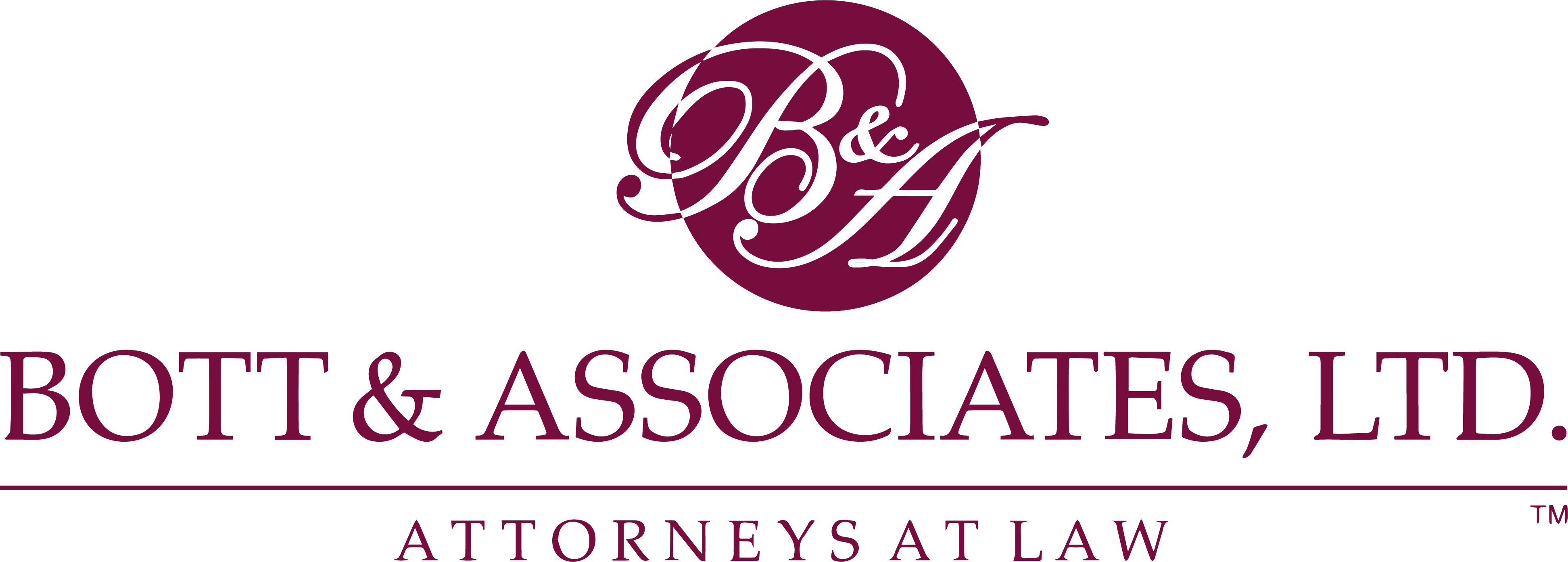Estate Planning Lawyer
If property goes to probate, then a judge determines how assets are distributed among your beneficiaries. Probate judges are experienced with this, but that doesn’t guarantee that they will make the right choices. Someone who appears to be the proper heir “on paper” may not be the person you would like to inherit your estate. Some considerations involved in the process include:
- Time: The probate process takes time. Mid-sized estates may take as many as two years to process in probate. If the judge’s decision is contested, it can take even more time. A small, uncontested estate may go through probate in just 18 months. However, if there are disputes, cases can take as much as ten years to complete. As the probate process drags out, legal fees stack up.
- Money: The probate process costs money. All the legal costs and those for the executors and attorneys eat into the estate. The heirs will be distributed what’s left.
- Privacy: Privacy is not guaranteed with probate. Both the assets and family information can become public record. As disputes heat up, family arguments and secrets could be revealed.
Alternatives to Probate
If you want to avoid the pitfalls mentioned above, there are alternatives to probate. Options that can ensure your heirs are not subject to the probate process include:
Revocable living trust: A revocable living trust holds the property via a trustee, so it is not counted toward the probate of the estate. Federal estate taxes must still be paid. However, the estate will transfer to the chosen heir(s) quickly. To create a revocable living trust, the estate owner must create a trust document and select the beneficiaries that they want to inherit the trust.
Joint ownership of property: If another person is listed on the title of the property, then it goes to that other person automatically after death.
Pay-on-death accounts: Retirement and bank accounts can be designated pay-on-death accounts by filling out a single form. The form lists the beneficiary the estate owner wants to have the funds. These automatically transfer to the beneficiary upon death.
Living trust: A living trust is similar to a will. It distributes your assets upon death but skips the probate process. Assets are placed in a trust managed by a trustee.
Joint tenancy with right of survivorship: Joint ownership of property keeps the real estate out of probate. Anyone’s name can be added to the title. The estate will pass to the survivor.
If the state you live in allows it, tenancy by the entirety enables married couples to skip probate. The property may also be designated as a community property with a right of survivorship.
A Will is not Enough
Don’t assume that a will is sufficient to keep your estate out of probate. An attorney can help you create a concise estate plan that works around the probate process. Contact a lawyer for more information.

